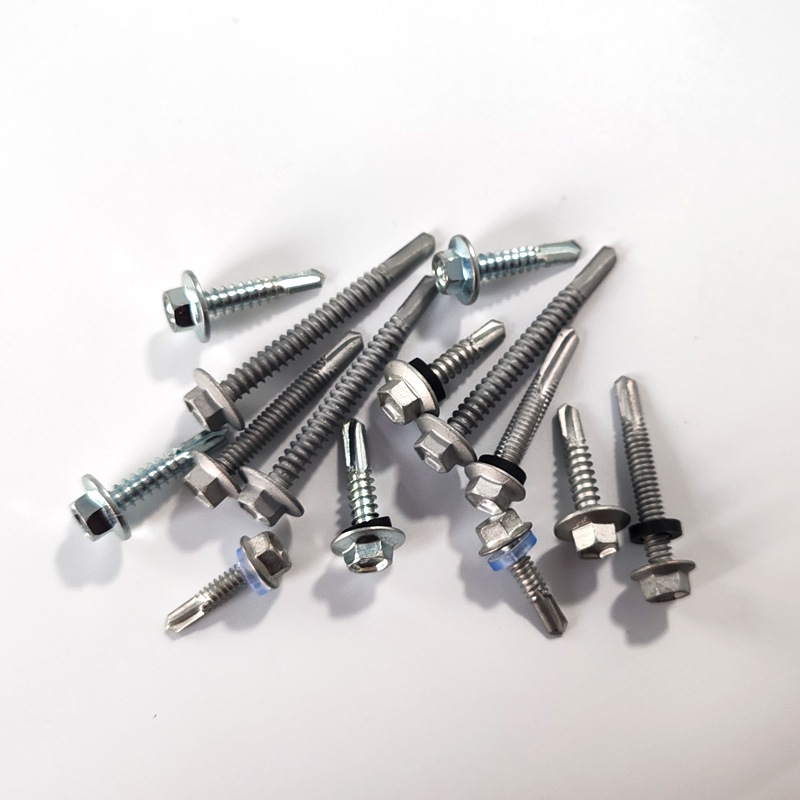hex head self tappers
Understanding Hex Head Self Tappers A Comprehensive Overview
Hex head self-tapping screws are essential fasteners in various construction and manufacturing applications. These screws are designed to create their own hole as they are driven into materials, eliminating the need for pre-drilling. Their unique design and features make them a popular choice across a wide range of industries, from automotive to furniture assembly.
What Are Hex Head Self Tappers?
Hex head self-tapping screws are characterized by their hexagonal-shaped heads, which allow for improved torque when fastening. The hex head design fits well with a standard wrench or socket, providing a robust grip and reducing the risk of slipping during tightening. This is particularly advantageous in applications requiring substantial torque, as it allows users to apply more force without damaging the screw.
These screws come with sharp threads and a pointed tip, enabling them to penetrate various materials—such as metals, plastics, and wood—without the need for pre-drilling pilot holes. This self-tapping feature saves time during installation, making it ideal for high-volume production environments where efficiency is paramount.
Applications of Hex Head Self Tappers
The use of hex head self-tappers is widespread in numerous industries. In automotive manufacturing, they are frequently used to attach components to the chassis and body, providing a strong and reliable connection. In the realm of furniture, these screws help assemble various parts securely, ensuring stability and longevity.
hex head self tappers

Additionally, hex head self-tapping screws are popular in construction and building projects. They can be used to fasten metal framing, install roof sheathing, and secure siding. The versatility of these fasteners is a significant reason for their widespread use.
Material and Coating Considerations
Hex head self-tapping screws are available in various materials, including stainless steel, carbon steel, and galvanized coatings. The material choice often depends on the specific application requirements, such as corrosion resistance, strength, and environmental factors. For example, stainless steel screws are commonly used in outdoor applications due to their resistance to rust and corrosion.
Moreover, the screws can be coated with different substances to enhance their durability and resistance to environmental stresses. Common coatings include zinc plating and black oxide, which improve corrosion resistance and provide an appealing finish.
Conclusion
Hex head self-tapping screws play a crucial role in modern manufacturing and construction practices. Their unique features, including the hexagonal head and self-tapping capability, make them invaluable tools for ensuring the integrity and stability of various constructions. Whether used in automotive applications, furniture assembly, or building projects, these screws prove the significance of well-designed fasteners in enhancing efficiency and reliability. Understanding the various aspects of hex head self-tappers—including their applications, material options, and coatings—can significantly enhance their usage and the overall quality of the products they help to create.
-
Weatherproof Plastic Expansion Anchors for OutdoorNewsJun.06,2025
-
Sustainability in the Supply Chain: Eco-Friendly TEK Screws ProductionNewsJun.06,2025
-
Load-Bearing Capacity of External Insulation FixingsNewsJun.06,2025
-
Double Head Bolts: Enhancing Efficiency in Industrial MachineryNewsJun.06,2025
-
Corrosion Resistance in Chipboard Screws: Coatings for Wholesale DurabilityNewsJun.06,2025
-
Butterfly Toggle Bolts : Enhancing Structural ResilienceNewsJun.06,2025
